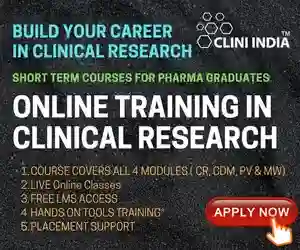PEOPLE SHOULD SAY “STOP” TO SELLING OF BANNED DRUGS
“Large numbers of drugs are banned by most of European countries but still they are easily available in Indian market. Long term use of such medicines can put negative impact on human health in various ways by damaging liver or any other organ, depression, blood pressure fluctuations etc. A ban is needed to protect the public’s health and the quality of health care. A ban will require self-examination by the public, health care professions, PhRMA, and the health care policy community.


 ABOUT AUTHORS
ABOUT AUTHORS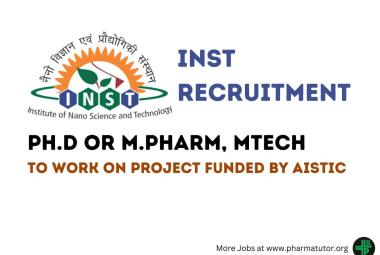
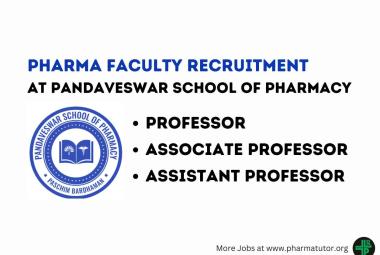

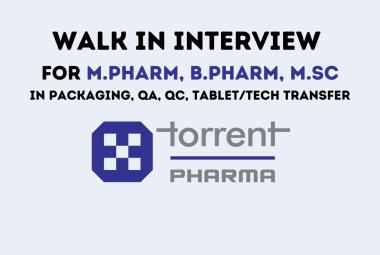
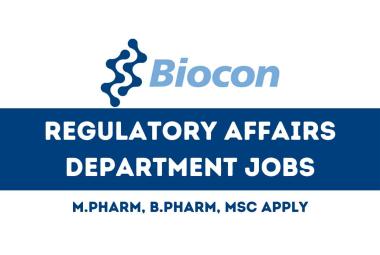



.png)

